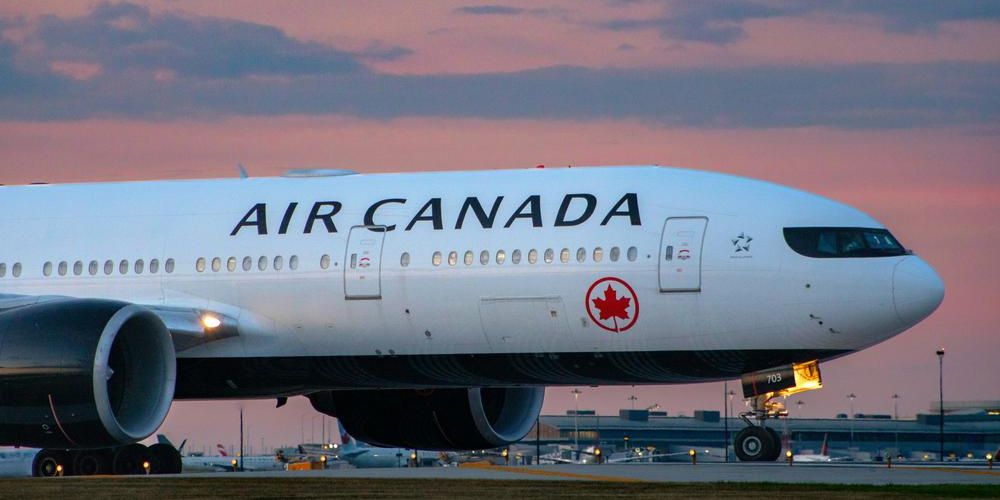A looming labour dispute has prompted Air Canada to pre-emptively cancel flights, threatening to disrupt travel flows worldwide.
Air Canada is facing a serious strike by its cabin crew, represented by the Canadian Union of Public Employees (CUPE), which covers about 10,000 attendants. The union has overwhelmingly voted—over 99% in favour—to strike starting as early as 16–19 August, depending on the legal cooling-off period following conciliation.
In response, the airline has begun a phased shutdown: about 500 flights are being cancelled by Friday, and a complete grounding is expected by early Saturday. Authorities warn that up to 130,000 passengers could be affected daily, potentially disrupting both inbound and outbound travel.
Air Canada has promised full refunds and is working with other carriers to rebook passengers where possible. Meanwhile, the Canadian federal labour minister has urged both sides to resume negotiations and avoid what could become a prolonged travel crisis.
What This Means for Travellers:
- Flight disruptions likely
Air Canada’s daily Sydney–Vancouver flights provide a key non-stop link between Australia and Canada, with easy connections onward to Toronto and beyond. Any strike action or pre-emptive cancellations could directly affect these services, creating flow-on impacts for both point-to-point travellers and those booked on multi-city itineraries. - Cancellations before strike begins
Even before any strike officially starts, Air Canada is cancelling flights in a controlled shutdown. That means itineraries may be altered in advance of the planned strike date, with rebookings potentially delayed due to high demand. - Passenger rights
Under Canada’s Air Passenger Protection Regulations (APPR), if a flight is cancelled due to a strike:
– Travellers are entitled to a rebooking on the next available flight — even with another airline — or a full refund.
– For international itineraries, further compensation may apply depending on the route and expenses.
What travellers should do now:
- Monitor bookings closely and watch for updates from Air Canada or your travel agent.
- Check insurance coverage, as some policies exclude labour disputes.
- Have a backup plan if your journey involves Canada, exploring alternative routings via other carriers or hubs.
- Be aware of your rights and be ready to claim refunds, rebookings and compensation if delays occur.
Travel expert advice:
- Book flexibly, choosing fares with refundable or changeable conditions.
- Stay informed by following updates from Air Canada, CUPE, and industry news sources.
- Act quickly if notified of a cancellation, rebooking as soon as possible before alternatives sell out.
- Seek support from travel agents and consular services if stranded abroad.
With the strike deadline fast approaching and negotiations still unresolved, travellers are being urged to stay flexible and prepared for what could be one of the most disruptive airline stoppages of the year.









